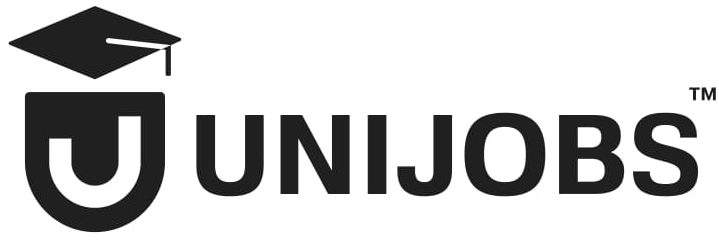
Congratulations! Your hard work has paid off and you have made it to the interview stage for a lecturer position. As you prepare to meet with the recruitment panel, it’s essential to remember that an interview is a two-way process. While the will be looking to assess how you fit into the role, it’s equally important for you to consider whether the institution aligns with your career goals and values. This is where the opportunity you ask questions comes into play.
To help you make an informed decision, you should always do your prior research before attending an interview, but here are the top five questions we feel you should ask at the end of your interview.
1. What Opportunities Exist for Professional Development and Growth?
An academic world you shouldn’t simply be about your involvement and what you can offer the organisation and students, as a prospective lecturer, it’s important to inquire about the institution’s commitment to supporting you in your development. So, ask about opportunities for attending conferences, pursuing further education, or engaging in research projects. Additionally, if you’re new to academia or new to the area, ask about about mentorship programmes or training that is designed to enhance teaching effectiveness and scholarly productivity. Often, for roles in the UK we are noticing that academic recruiters are asking prospective applicants to have undertaken a postgraduate teaching qualification or to have membership of Advance Higher Education (formerly referred to as the Higher Education Academy). Understanding what opportunities there are for your growth and how the institution values the growth of their employees can help you gauge the long-term potential of the position.
2. Can You Tell Me More About the Department’s Approach to Diversity and Inclusion?
Universities and academic institutions are diverse environments as evidenced by the diversity in the make-up of staff and students. However, there have been accusations levied at some organisations that some are far from inclusive. This can often lead to challenging relationships between faculty and students, so we advise that you take this opportunity to inquire about the department’s initiatives to foster a diverse and inclusive learning environment. You could ask about recruitment efforts aimed at increasing representation among faculty and students from underrepresented backgrounds. Additionally, seek information about support services for marginalised communities and ongoing efforts to promote cultural competence within the curriculum. This not only shows your interest in supporting diversity and inclusion, but also shows your understanding of the current political landscape in academia. This would also suggest that you look at the institution’s academic participation plan, which will provide you with further information.
3. How Does the Institution Support Student Success?
As a lecturer, your primary responsibility is to facilitate student learning and academic achievement. You can develop a better understanding of the institution’s approach to supporting student success by asking about resources available to students outside the classroom. Inquire about tutoring services, extracurricular activities, and career counselling programmes aimed at enhancing student retention and graduation rates. These are the services that will support you in ensuring you can do your job to the best of your ability. Understanding the institution’s commitment to student support can inform your approach to teaching and student engagement.
4. What Is the Department’s Vision for the Future?
This is often one of the best questions to ask an organisation, because the answer will give you an understanding about where you fit into the department’s strategic priorities and vision for the future. So, ask about upcoming initiatives or areas of growth, as well as ongoing curriculum development efforts, interdisciplinary collaborations, or community engagement projects that align with your areas of expertise and research interests. Through an understanding of the department’s direction you can assess whether the role offers opportunities for meaningful contributions and professional fulfilment.
5. Can You Describe the Faculty’s Role in Shared Governance?
Not a question that comes to mind immediately from most candidates, and this one should be used carefully. Shared governance is key to academic institutions, emphasising collaboration and shared decision-making among faculty, administrators, and other stakeholders. Inquire about the faculty’s role in governance structures, such as departmental committees, curriculum development teams, or staff-student liaison meetings. Ask about opportunities for input in matters related to academic policies, institutional planning, and budget allocation. Understanding the dynamics of shared governance can provide insight into the institution’s commitment to fostering a collaborative and transparent academic community.
The academic interview is critical not only in how you respond to the questions you are asked, but also in the questions you ask the interviewer. By asking thoughtful and informed questions, you demonstrate your interest in the institution’s culture, values, and commitment to academic excellence. However, remember to do your prior research and don’t have anything you could have found out through your own research of their publicly available information. One question we would definitely say you should avoid is any question about salary negotiation, as this should come after you have successfully landed the job. Use the opportunity when you are able to ask questions, to gain clarity on the role and institution, helping you to make an informed decision about your future as a potential faculty member.

Share
Facebook
Twitter
LinkedIn
Telegram
Tumblr
WhatsApp
VK
Mail